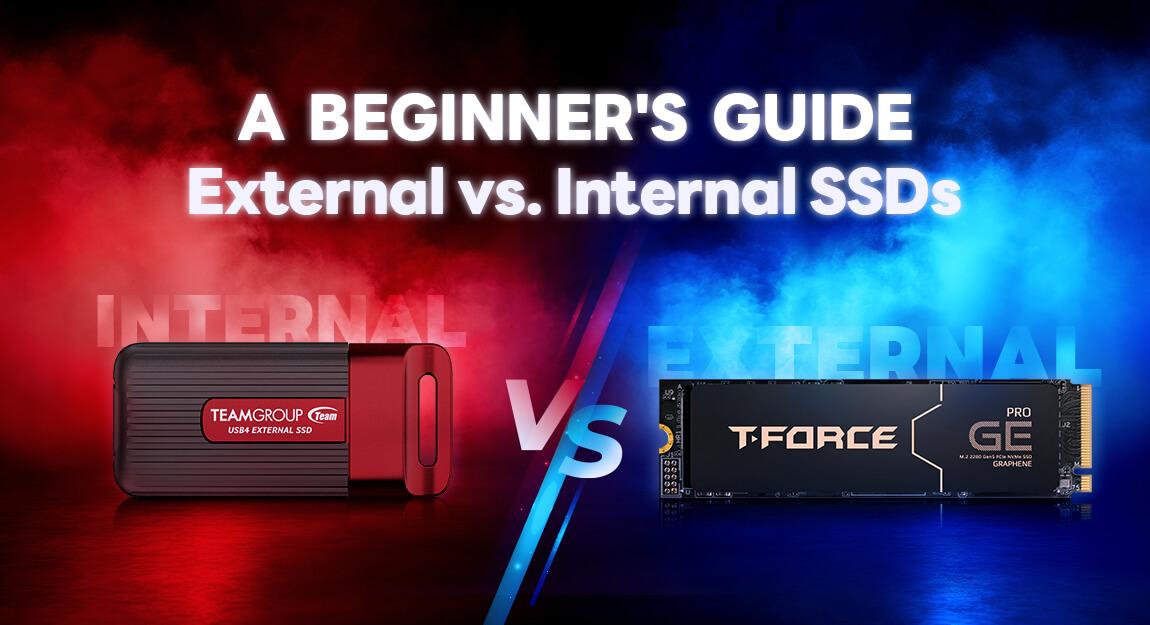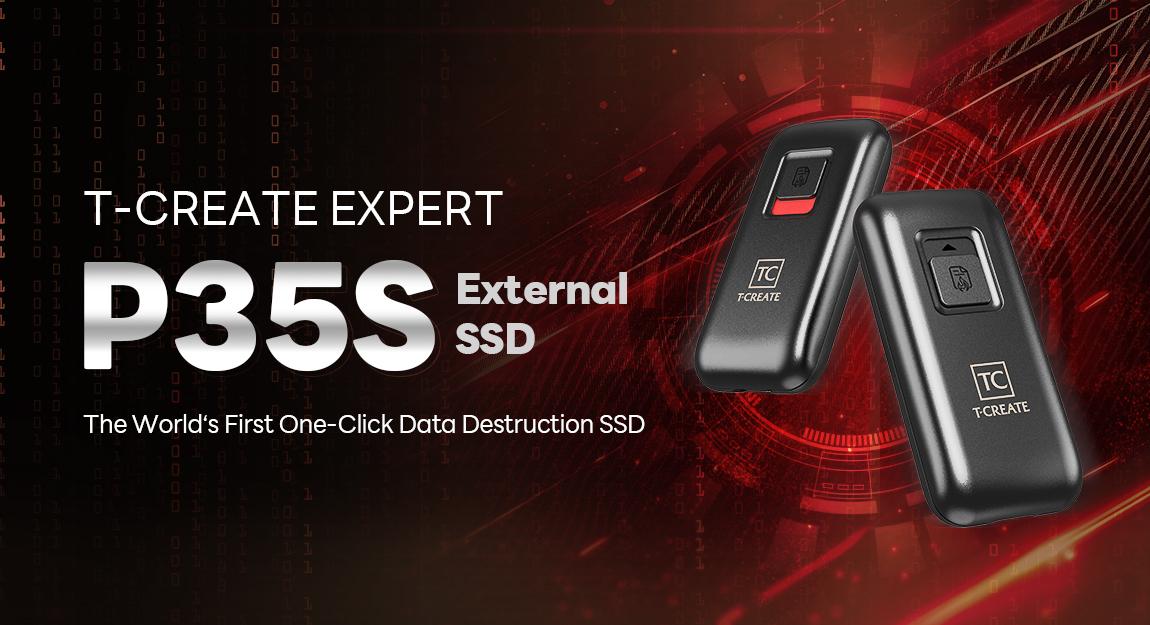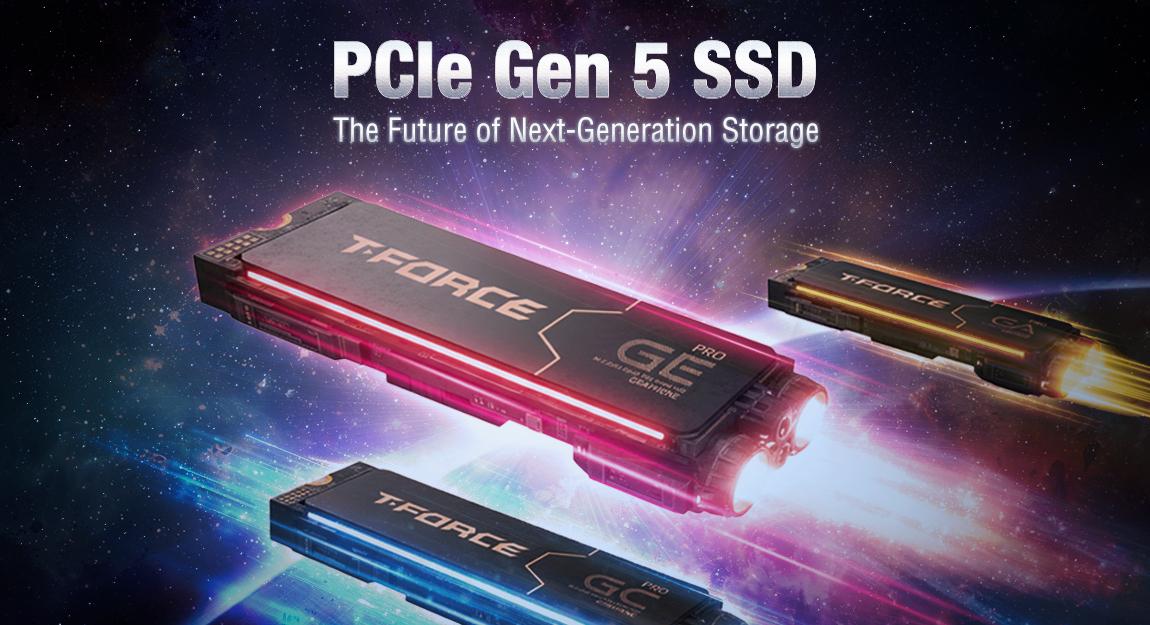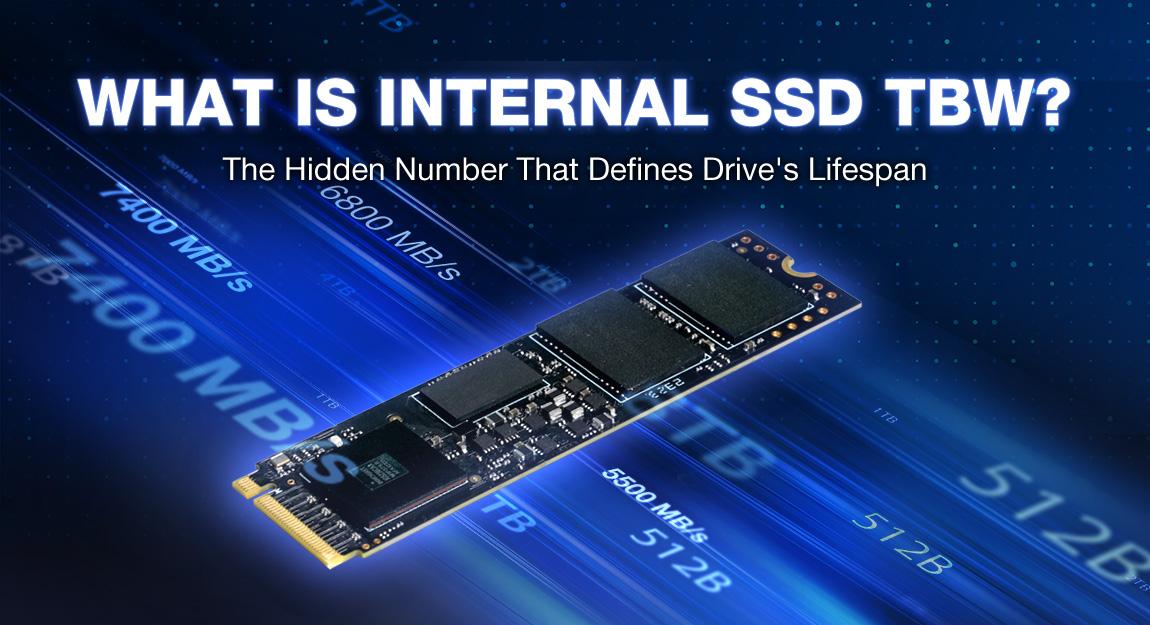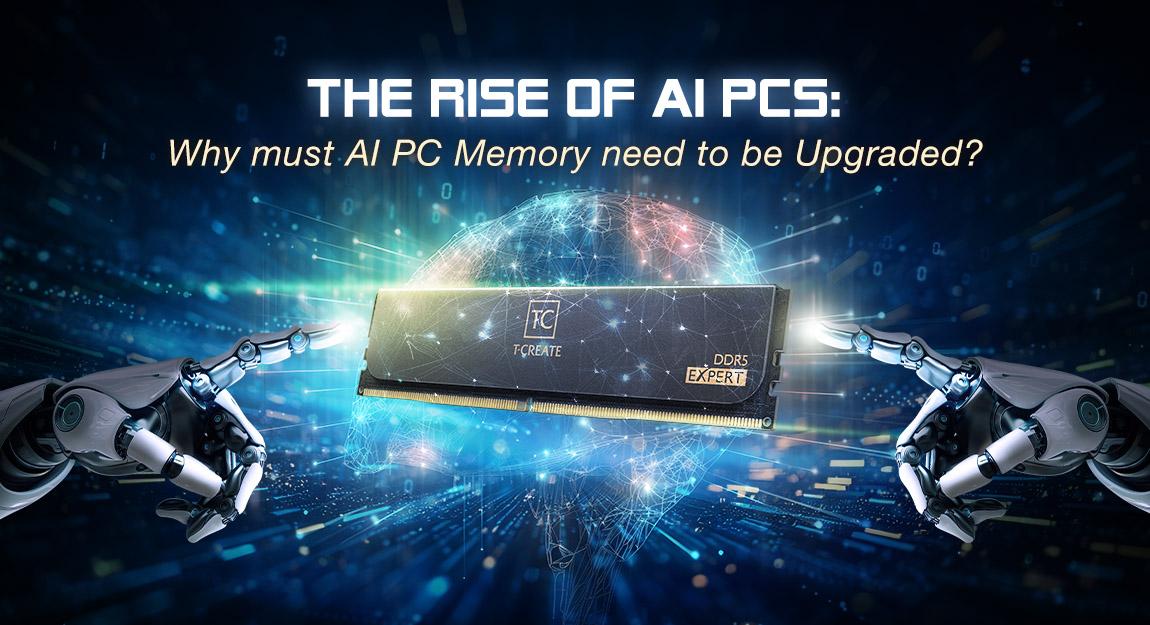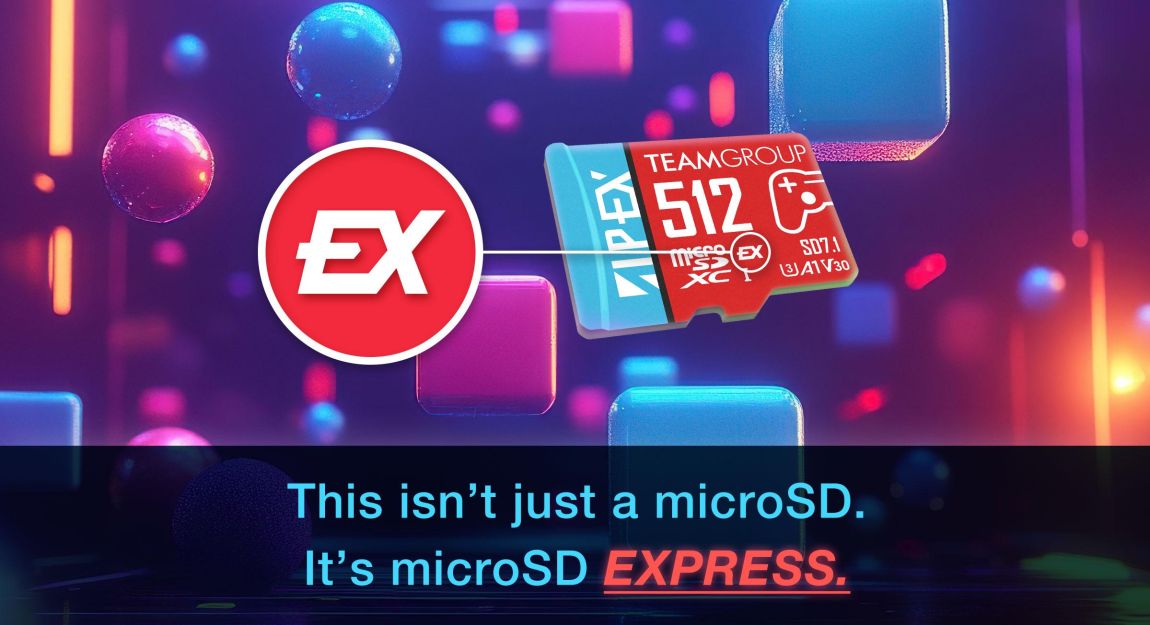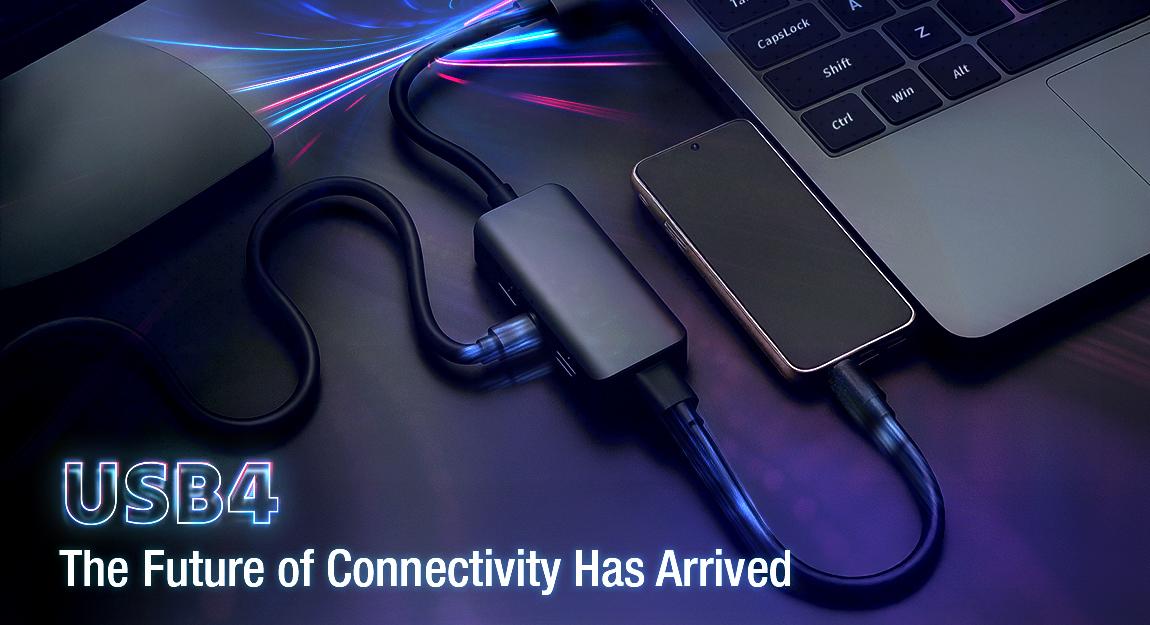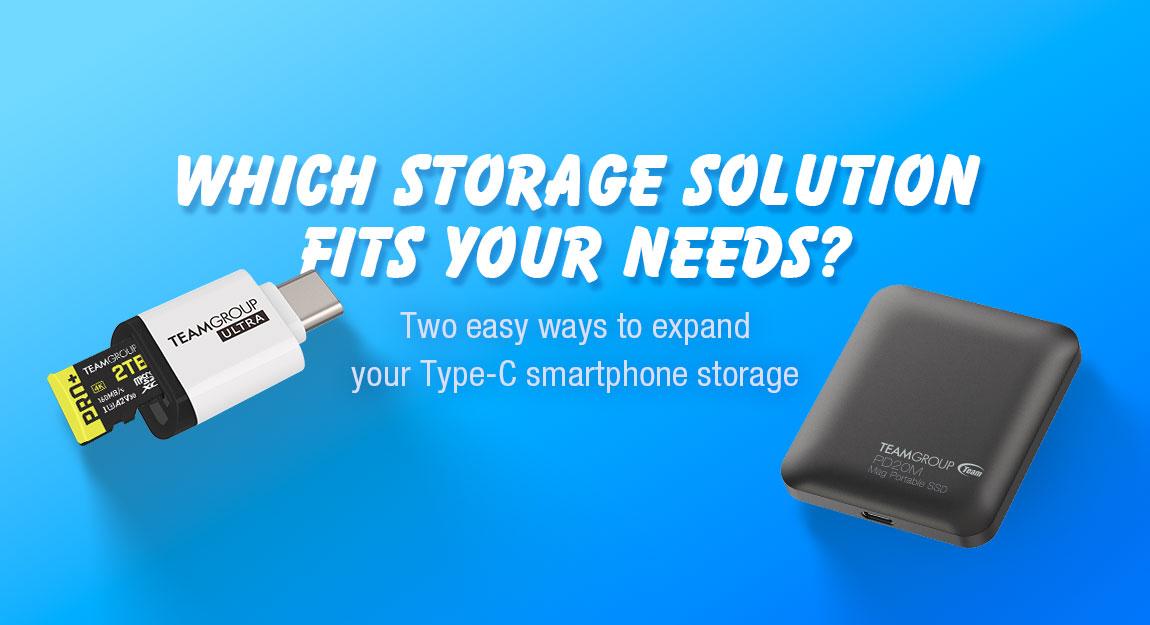Gaming PC vs. Console: Which is Better?
Before the rise of smartphones and mobile gaming, players were generally divided into two camps, PC gamers and console gamers. Each side had its own passionate supporters, and debates over which platform was superior were common. Even though mobile games have become a dominant force in recent years, for those looking to enter the gaming world, PC and consoles remain the two major choices, each offering an irreplaceable experience. But how do you decide which one suits you best?
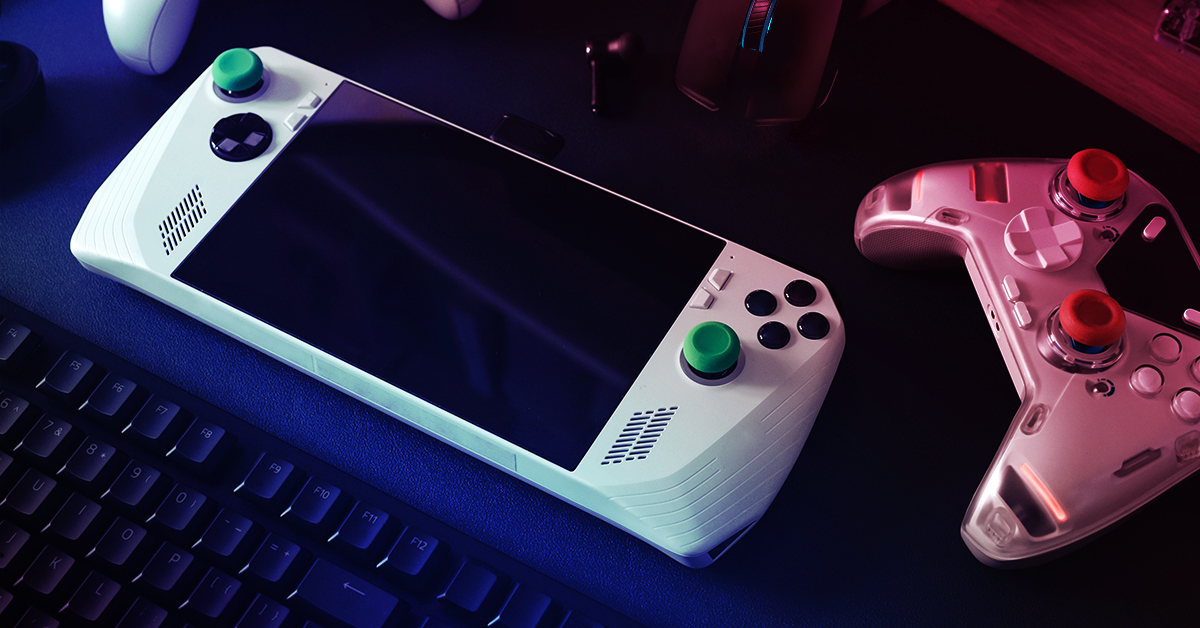
Today, let's dive into the unique characteristics of PC and console gaming and explore what makes each option stand out.
Before diving into the strengths of each platform, let’s look at some of the key factors that influence a new gamer's decision:
- Budget – How much are you willing to invest in your gaming setup?
- Graphics Quality – Are you looking for the most immersive and high-resolution visuals?
- Gaming Experience – Do you prefer customization, or are you looking for a simple plug-and-play system?
- Game Library – Which platform offers the games you want to play?
Table of Contents
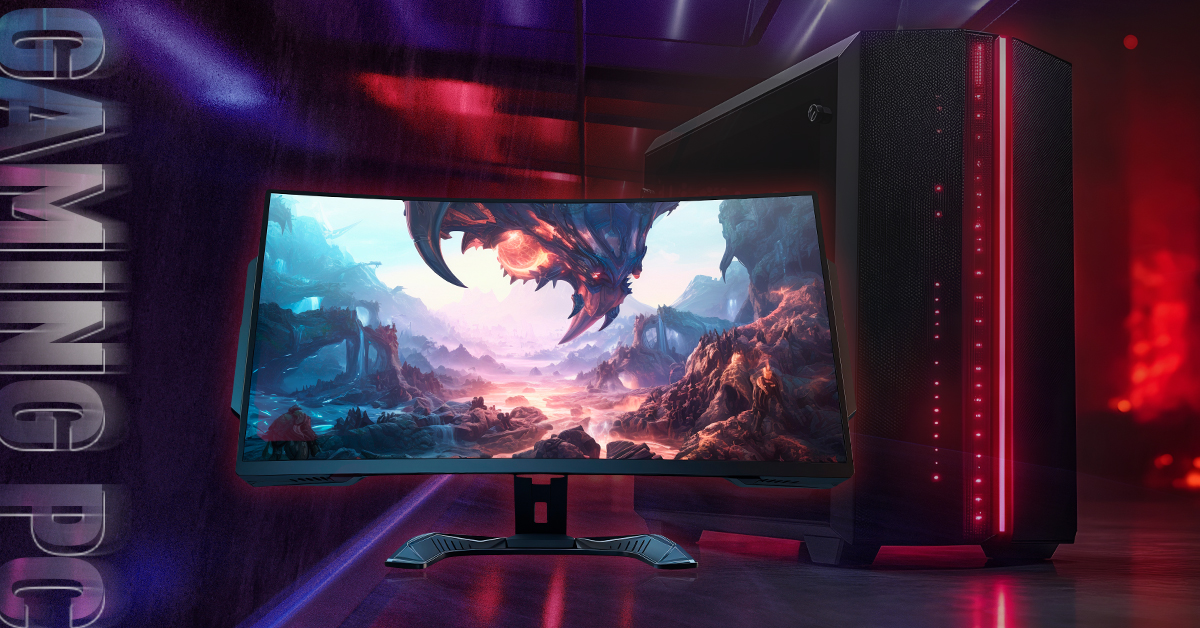
Gaming PC
1. Hardware Upgrades
One of the biggest advantages of PC gaming is the ability to upgrade hardware over time. Whether it’s swapping out your GPU for the latest NVIDIA or AMD graphics card or upgrading your SSD for faster load times, PC gamers have endless opportunities to enhance their setup. Memory also plays a crucial role in gaming performance, many modern AAA titles now require at least 16GB or even 32GB of memory to run smoothly. SSDs, with their high read/write speeds and large storage capacity, significantly impact game loading times and storage efficiency. For instance, massive open-world games like Elden Ring demand plenty of storage space, and having a high-speed SSD can make a huge difference in how quickly you get into the action. A powerful GPU upgrade will also bring noticeable improvements to game graphics, delivering sharper textures and higher frame rates.
2. Compatibility
Unlike consoles, where new generations can sometimes make older games obsolete, PC gaming generally offers better backward compatibility. While PlayStation 5, for example, can run PlayStation 4 games, it doesn’t necessarily enhance them unless developers release a remastered version.
On PC, game compatibility is usually tied to hardware performance rather than system generation, meaning older games remain accessible as long as your machine meets the requirements.
3. A Vast Library of Games
Have you ever experienced the frustration of wanting to play a game, only to realize it's not available on your console? Imagine owning a PlayStation 3, but the game you've been eyeing is only released for PC and Xbox 360, a perfect case of missing out. In moments like that, the thought of buying every console just to ensure you never miss a game again probably crossed your mind.
In the past, while some games were exclusive to certain consoles, the majority of titles were available on PC. Fast forward to today, and PC gaming remains one of the most versatile platforms, offering not only major AAA titles but also an abundance of indie and casual games. Many relaxing or creative games are released simultaneously on PC and mobile, further expanding the variety available to PC gamers.
Whether you're into high-budget, visually stunning blockbusters or small, cozy indie games, PC gaming continues to provide an unmatched level of choice, truly one of its greatest perks!
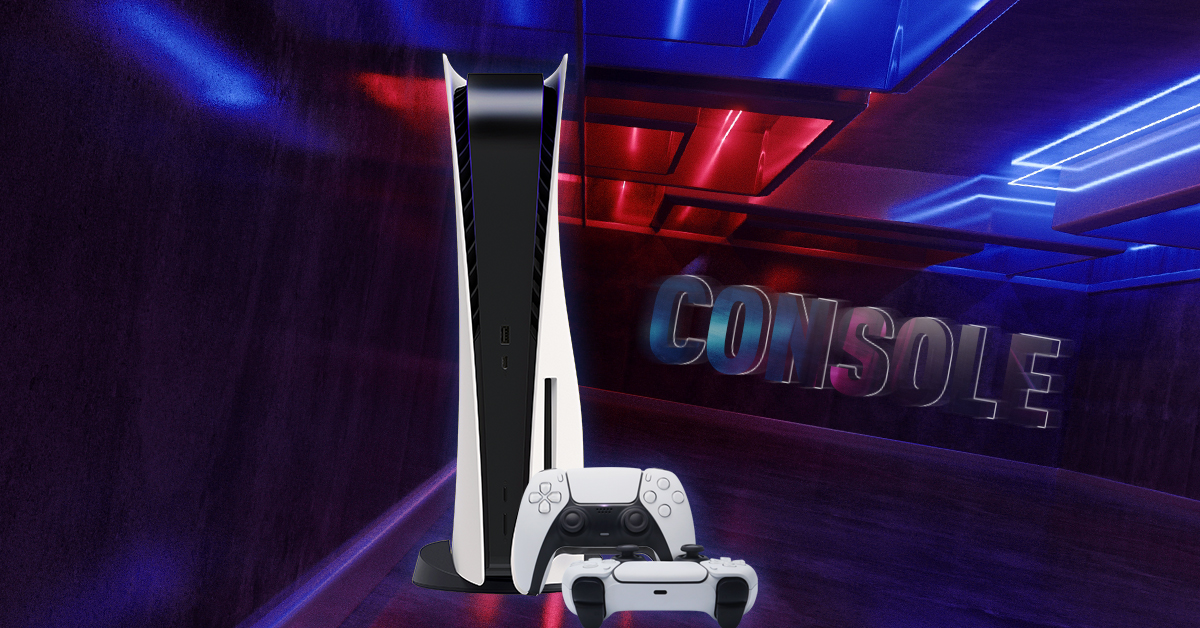
Console
1. High Cost-Performance Ratio
Compared to DIY PC gamers, many potential players looking for a hassle-free gaming experience often turn to gaming consoles like the PlayStation 5, Xbox Series X, or Nintendo Switch. These consoles typically fall within the price range of $250–$500, making them a more budget-friendly option compared to high-end gaming PCs. Handheld consoles can be even more affordable, offering a cost-effective way to enjoy gaming.
One key aspect of consoles is that their hardware is pre-configured by the manufacturer, meaning components like graphics quality and cooling systems are fixed, except for storage expansion options. If gamers want better graphics performance on PlayStation, for instance, they'll have to wait for the next-generation model.
A great example of console longevity is the PlayStation 2 (PS2), the longest-running gaming console in history. Even after the release of the PlayStation 3 (PS3) in 2006, many gamers stuck with their PS2 because early PS3 models suffered from overheating issues and had limited game development support at launch. This illustrates that console upgrades are largely dictated by official releases and not user modifications, making cost-effectiveness an important factor for many players.
2. Unique Gameplay Experience
For some console players, it's not just about the games, it's about innovative ways to play. A prime example is Nintendo's Wii and Switch, which have revolutionized gaming with motion controls and hybrid designs.
Back in 2006, Nintendo introduced the Wii, a motion-sensing console that quickly became a household staple. Its flagship game, Wii Sports, leveraged motion controls in a way that completely reshaped the gaming experience, attracting both casual and hardcore players alike. Many people still remember dusting off their old Wii for family gatherings or fitness games! Fast forward to today, Nintendo’s Switch has taken handheld gaming to new heights, surpassing past handheld consoles like the PSP or Game Boy, which have largely been replaced by mobile gaming. While competitors like the Steam Deck and ROG Ally have entered the scene, none have matched the cultural impact of the Switch. Its ability to seamlessly transition from on-the-go gaming to social, big-screen experiences has made it a global phenomenon. Additionally, Nintendo has successfully tapped into a broader audience, including female gamers, with titles like Ring Fit Adventure (a fitness-based game) and Animal Crossing: New Horizons, which gained massive popularity.
3. Exclusive Game Titles
Exclusive titles are a major selling point for gaming consoles. If you’re a fan of Crash Bandicoot (PlayStation) or Super Mario (Nintendo), you must purchase the respective console to play these games. That said, exclusivity is slowly shifting. Some once PlayStation-exclusive titles are now available on PC via Steam, and even Mario has ventured into mobile gaming. However, for true fans of The Legend of Zelda: Breath of the Wild or Tears of the Kingdom, investing in a Nintendo Switch or Wii U is still the only way to enjoy these legendary titles.
Conclusion
Choosing between a PC or a gaming console isn't about which one is better, it's about finding the system that best fits your needs. No matter what platform you choose, storage and performance are key considerations for any gamer. TEAMGROUP's T-FORCE lineup offers a range of products designed to enhance your gaming experience, from high-speed DDR5 and DDR4 memory for desktops and laptops to M.2 SSDs that expand storage for both consoles and PCs. For handheld gaming, A2 microSD cards ensure smooth performance for mobile and portable consoles. If you're looking to upgrade your gaming setup, check out our latest storage solutions below.
That's it for today, see you next time! Bye for now!
T-FORCE DELTA RGB DDR5 DESKTOP MEMORY BLACK
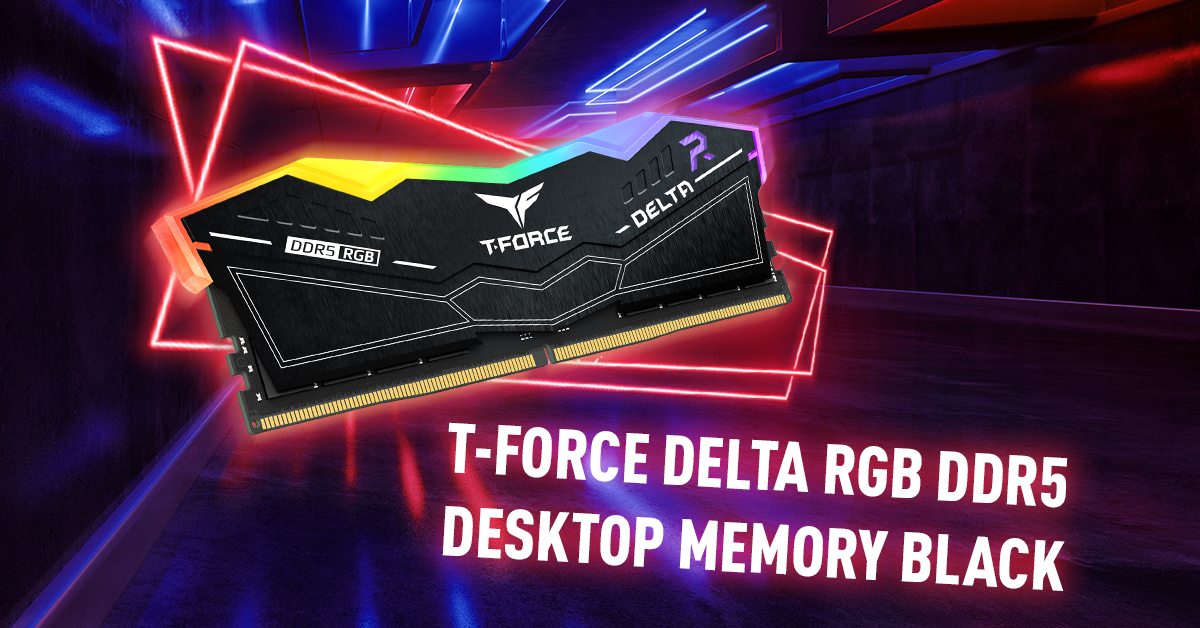
T-FORCE VULCAN DDR5 LAPTOP MEMORY BLACK
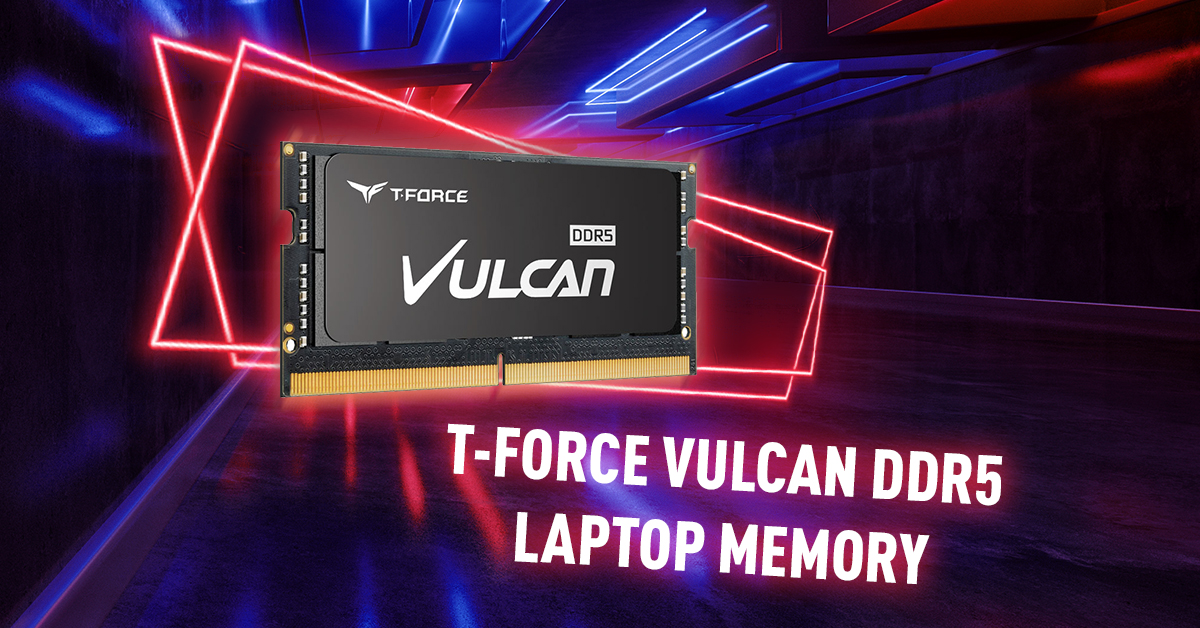
T-FORCE G70 PRO M.2 PCIe SSD
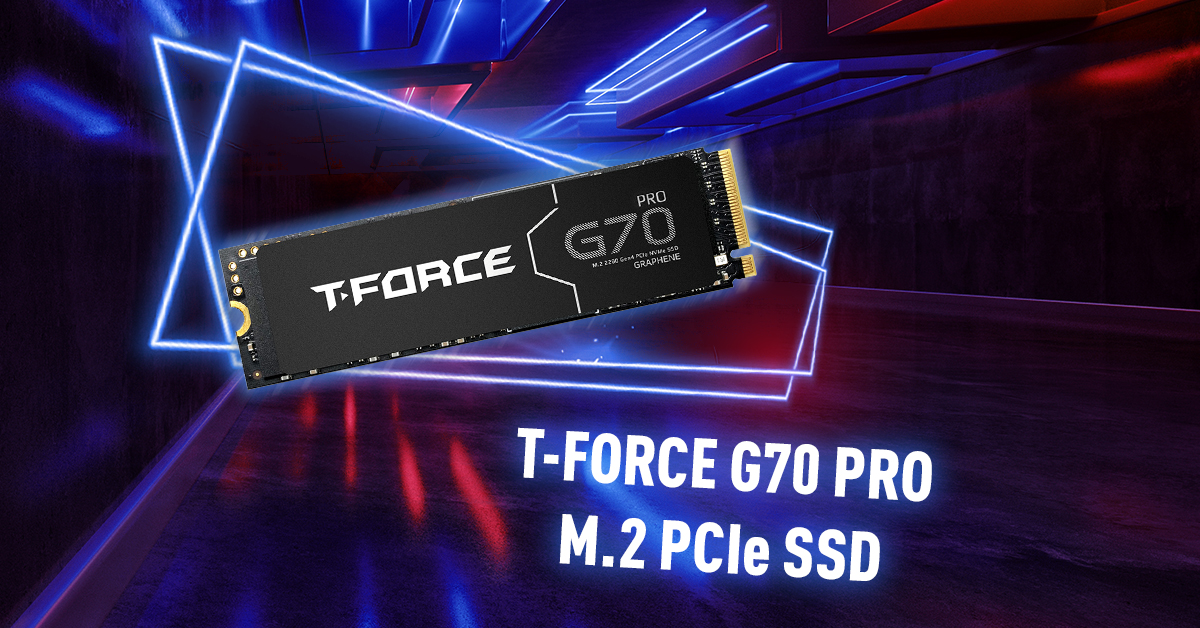
T-FORCE MP44S M.2 PCIe 4.0 SSD
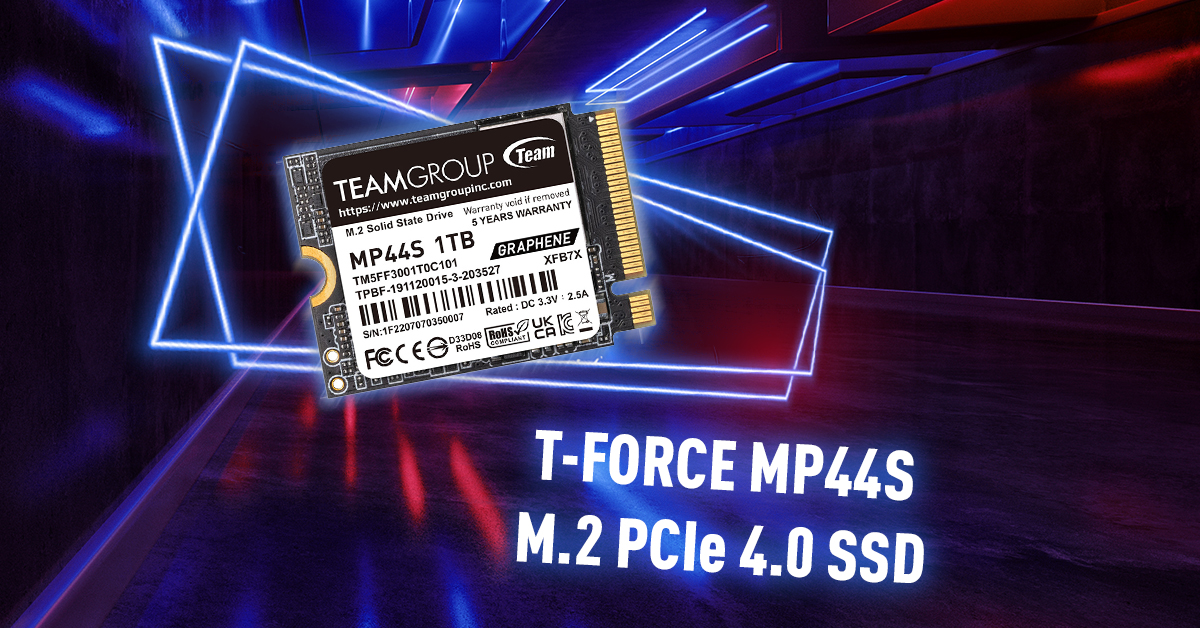
TEAMGROUP PRO+ Micro SDXC UHS-I U3 A2 V30 Memory Card
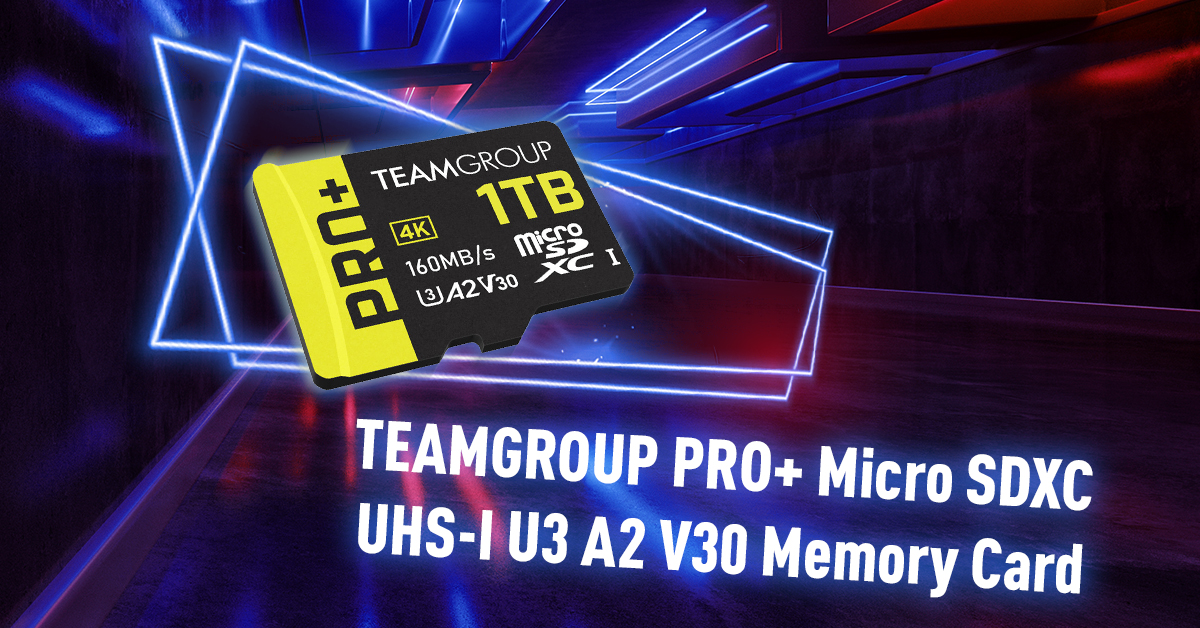
T-FORCE M200 Portable SSD
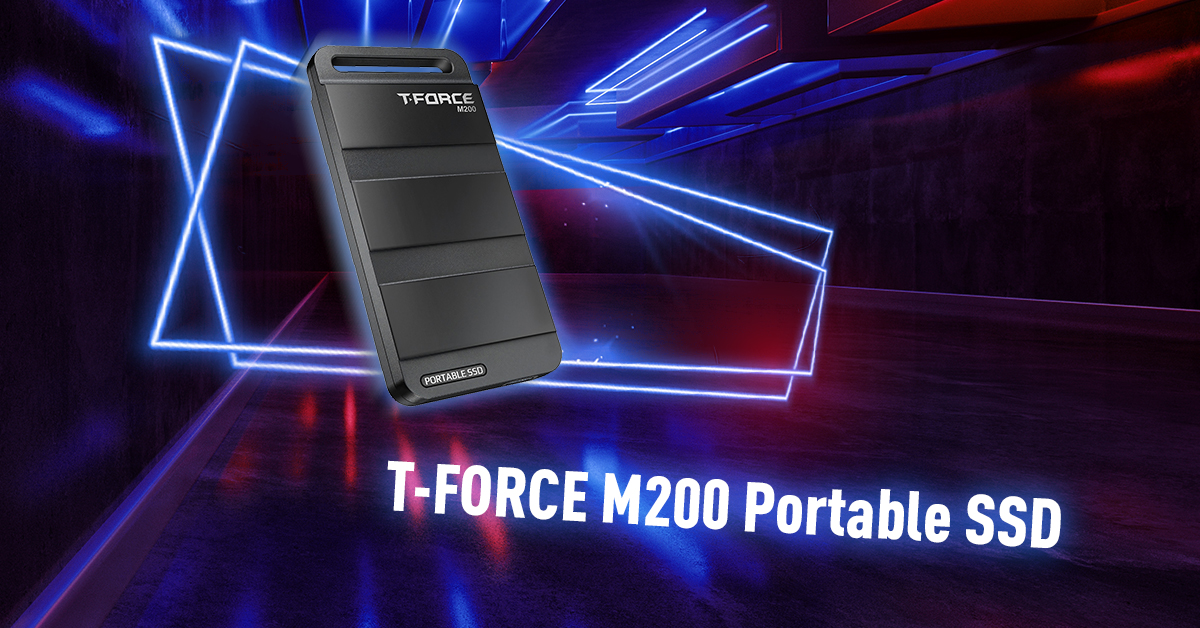
RELATED Blog
1
9
22.Jan.2026
A Beginner’s Guide: External vs. Internal SSDs
05.Sep.2025
T-CREATE P34F: The SSD with Apple Find My
24.Jul.2025



